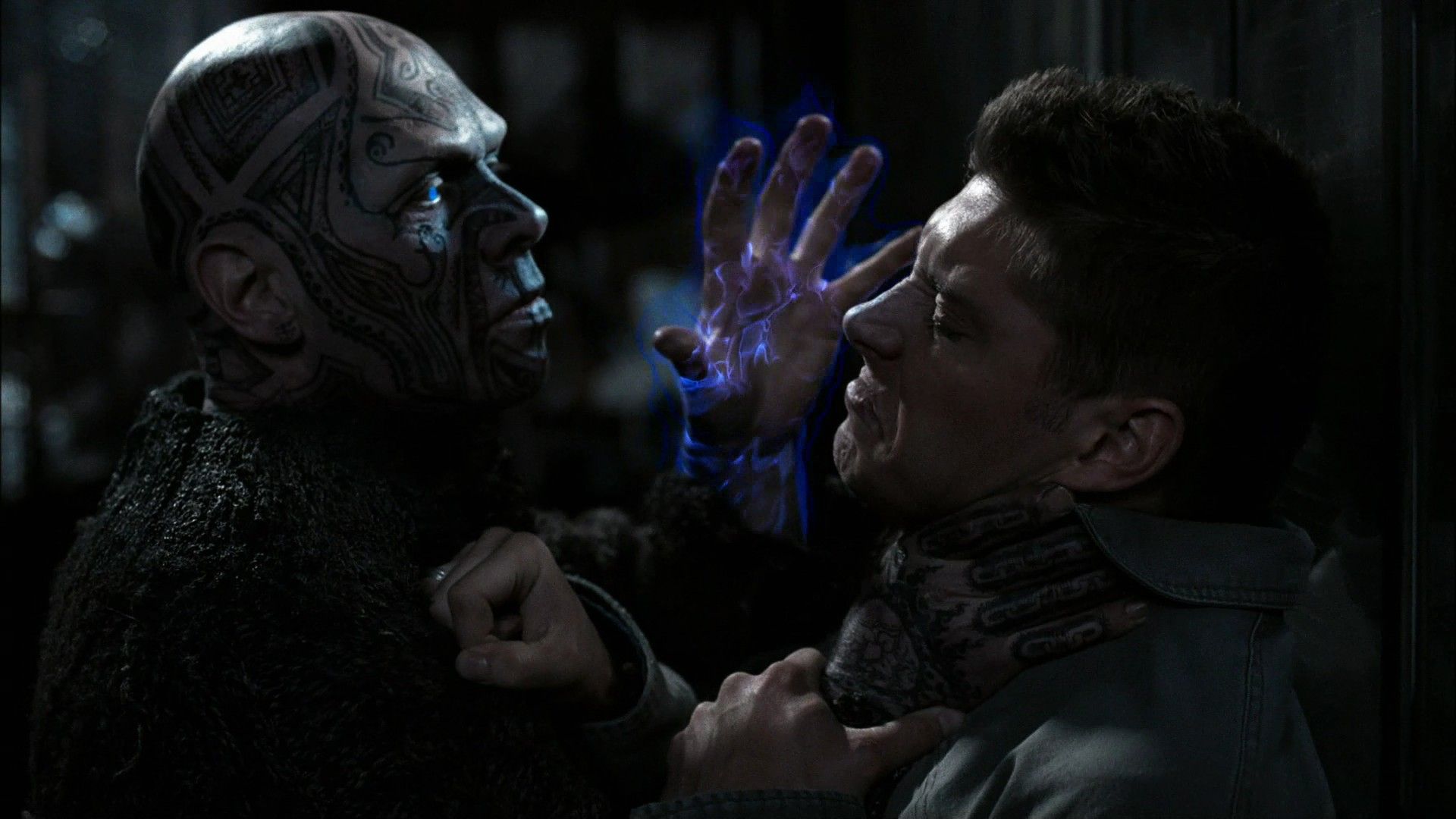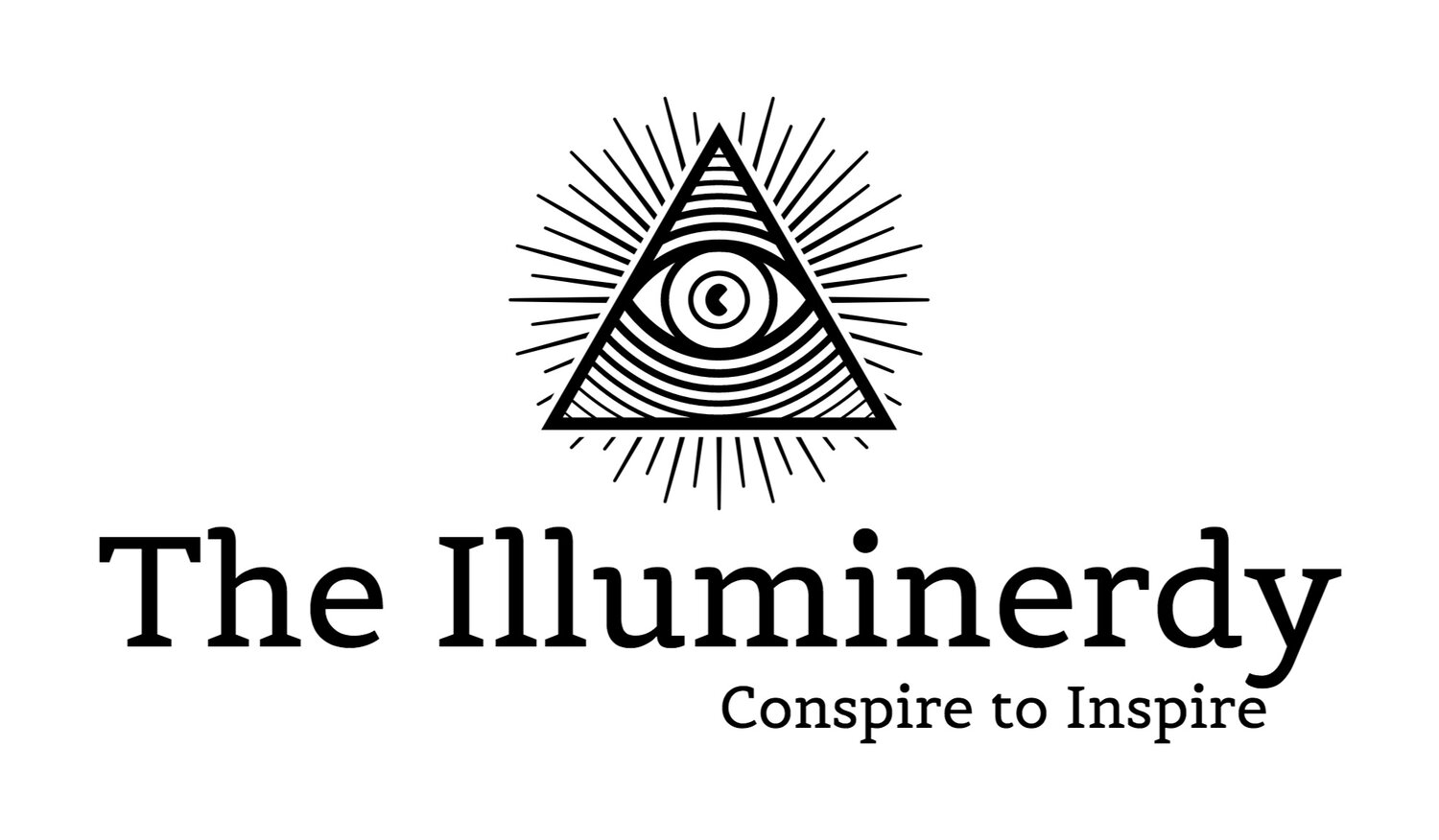Casting the villains in a game set in a contemporary universe can be tricky business, particularly if you want to set your game in a world that at least appears on the surface to resemble our own. Moral ambiguity is a frequent theme of modern literature, comics, and film, so even if you're looking for a set of clearly delineated bad guys to knock around, the real world is not likely to oblige you by providing death robots, time traveling space-nazis, or vampires, or whatever. This should not be read as a wholehearted rejection of moral ambiguity, and there's certainly some positives to be found in designing adversaries who deal in shades of gray. However, even games with contemporary settings sometimes can benefit from a pulp action philosophy -- and for that you need someone terrible, and universally despised. So let's talk about al-Qaeda.
Modern Evils
While certainly not the only potential adversary out there for your players, it would be tough to find one more ingrained in the contemporary narrative than al-Qaeda. Unless you've been a prisoner of the Dero for the last 12 years, you know the basic shape of the narrative: a sinister cadre of fundamentalist Sunni Islamic extremists, organized into public regional franchises and hidden sleeper cells, seek to return the world to the cultural (if not the technological) standards of the 7th century Middle East using a variety of violent attacks and tactics against the Western world, its allies, and its interests.
The group makes a more-than-adequate foe for a mercenary or military spec ops game, or even broad-brush adventure set in North Africa, the Middle East, or Central Asia. Of course, part of the group's mystique is that it is present elsewhere -- inspiring "lone wolf" terrorists and organizing terror cells in Europe, North America, Southeast Asia, and beyond. Basically, everywhere but Antarctica. Probably.
Problematic Content
Despite the organization's essentially iconic embodiment of modern villainy, using al-Qaeda as "the bad guys" in your game can be difficult. It has no universal face, no uniforms, and no broad-ranging symbols that every adherent to its murderous theology displays. The group's essentially faceless nature could make al-Qaeda problematic content for some. Two recent and controversial wars (where many have lost friends and family) have been focused on the fight against al-Qaeda; it seems likely that not every group will be eager to relive or fictionalize the conflicts.
All that being said, there's no reason al-Qaeda has to be completely off-limits. A few additional layers of pulp action or fantasy sensibilities should remove some of the sting. Essentially, we need to genre-trope it: take the otherwise serious story element and put some "nerd culture" dross on top (the "genre" in this case usually being something with pulp, sci fi, or fantasy sensibilities).
Djinn and Tonic
As it so happens, someone has already done the work for us. UFOlogist and esoteric researcher Robert Stanley blames the whole modern violent Islamic fundamentalist movement on the interference of invisible demons that feed on negative emotions -- the Djinn, known to the West most commonly as Genies. Stanley cites the Djinn's long presence in Middle Eastern and Islamic folklore -- and the Koran -- as evidence of his claims, putting particular influence on the idea that many (and maybe all) humans have been assigned an evil Djinn called a "Qarin" to tempt them to evil, or failing that possess them and force the issue. It's probably worth noting that Stanley also cites several Central American shamans and an episode of Star Trek as evidence, but for the purposes of good gaming we should probably take as given that he's on to something.
Stanley's Djinn -- invisible amoeba-like "skyfish" from a parallel dimension -- have been occasionally spotted as UFOs, are in league with Reptilian "Archons" (who may or may not also be Djinn), and are dedicated to fostering war, conflict, and violence. Essentially, the kind of things al-Qaeda gets around to before breakfast on most days. Most importantly, making your game's al-Qaeda a djinn-possessed death cult can remove some ambiguity and ethical gray area from the situation: if you're looking for the parallel to "it's always okay to kill a Nazi" you can go weapons free against the Djinni-possessed. After all, you can always tell them by their bright blue eyes.
Making the Game
Your players can be CIA, NSA, or Military Special Operatives hunting the Djinn-taken in the caves of Afghanistan in 2002, perhaps supported by government-trained exorcists and sorcerers from the same secret CIA subsection that has been pulling apocalyptic prophecies out of the desert since the late 1940's.

Of course, we would count ourselves our failures if we didn't suggest that a djinn-possessed al-Qaeda doesn't *have* to be the primary antagonist in black magic/black ops game. They could simply be agents of a larger evil, perhaps something freed by Pakistani nuclear scientists' (real life!) research into "Djinn energy" in the late 1980s and early 1990s. Sultan Bashiruddin Mehmood, a pioneer in the development of nuclear technology in Pakistan and the senior director of the Pakistan Atomic Energy Commission in 1980 "recommended that djinns [or genies], being fiery creatures, ought to be tapped as a free source of energy. By this means, a final solution to Pakistan's energy problems would be found."
In a game spun out of this little factoid, al-Qaeda's rapid growth -- and increasingly effective attacks -- throughout the 1990s can be credited to other-worldly assistance; post-9/11 adventures in the Federally Administered Tribal Areas (FATA) along Pakistan's Afghan border (Dungeons and Drones?) draw the PCs ever closer to the testing ground where Mehmood pierced the veil of worlds to let these creatures of smokeless fire into the material realm.
Or maybe Pakistan is late to the party, and this all goes back to many-pillared Irem and the mysterious Old Ones that once ruled the shifting sands. You can't go wrong. Or really right, either. The bad guys are out there. What are you going to do to stop them?

